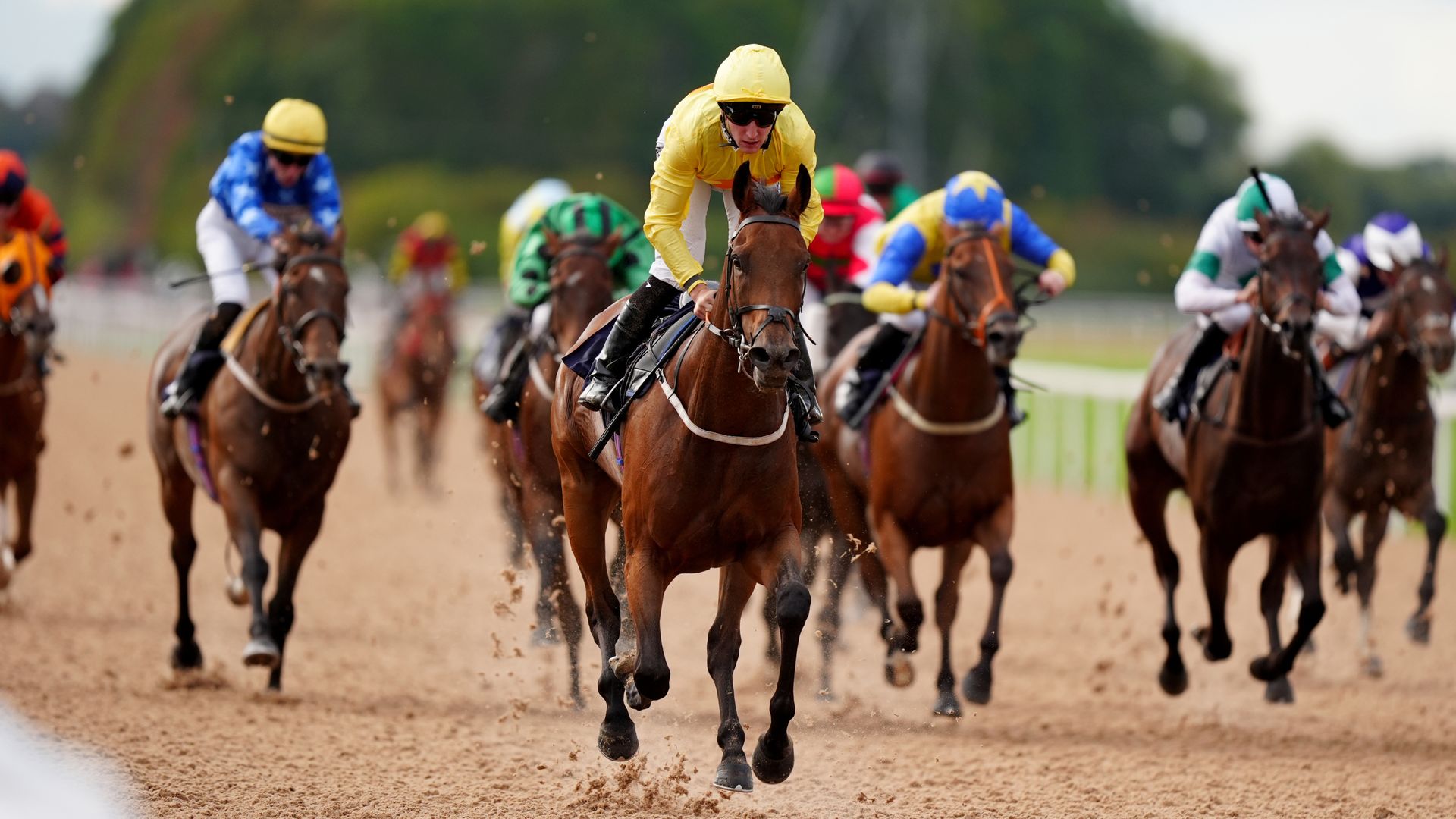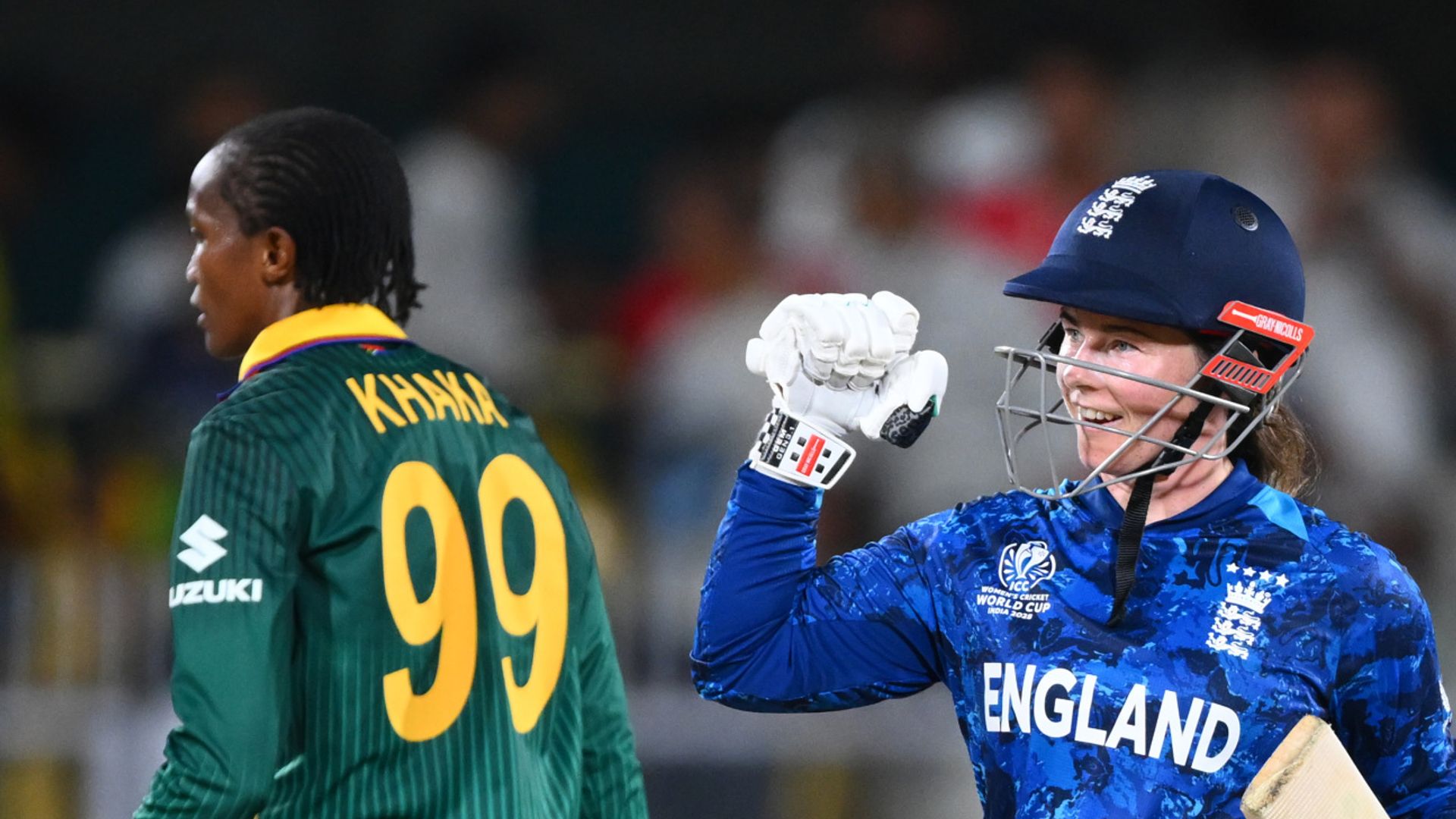Horse Racing: The Modern-Day Coliseum Where Wealth Divides and Passion Ignites in the Face of Moral Reckoning
On this day, horse racing takes center stage in three notable venues: Southwell, Newcastle, and Bath. These locations, filled with storied traditions, reflect the dichotomy of wealth and access that exists in modern society. The vibrant world of horse racing stands as a testament to the extremes of fortune and the passion that fuels the sport, yet it also exposes the darker realities of inequality and ethical considerations surrounding gambling.
Horse racing has a long and storied history, dating back centuries. Its roots can be traced to ancient civilizations, where it was not merely a sport but a spectacle akin to ancient gladiatorial games. Fast forward to today, and while some may view horse racing as a noble pursuit, it bears striking similarities to contemporary debates surrounding wealth disparity and social justice. The thrill of the race captivates audiences, much like the gladiators of yore, but the implications of who participates and who benefits are far more complex.
Today’s racing events at Southwell, Newcastle, and Bath are broadcast live, inviting viewers into an arena where fortunes can shift in an instant. The experience reaches beyond mere spectatorship; it draws in people from various walks of life. Yet, as the lavish lifestyles of owners and high-stakes bettors are paraded, the average racing fan often finds themselves an observer to a world where millions are wagered and won while they grapple with their own economic realities.
The accessibility of horse racing has been a critical talking point for decades. On one hand, it is marketed as a sport for all, where anyone can place a bet and immerse themselves in the excitement. On the other hand, the underlying economics suggest a more polarized environment. The owners of racehorses often come from substantial wealth, creating a barrier to entry that reinforces the socioeconomic divide. This is akin to the larger societal narratives where wealth begets opportunity, and the lower classes are left to dream from the sidelines.
The venues selected for today’s races also have their histories, reflecting local cultures and the broader economic landscape. Southwell, known for its all-weather track, often caters to lower-stakes punters, while Newcastle offers a more elite atmosphere. Bath, with its picturesque setting and rich heritage, draws a crowd that mingles tradition with modern betting practices. The very fabric of these racing locations becomes a microcosm of society, illustrating the complexities of human ambition, desire, and competition.
As the horses take to the tracks, the air thickens with anticipation and a sense of camaraderie among spectators. However, beneath this veneer lies a moral quandary. The excitement of the race is often contrasted with the repercussions of gambling addiction and financial ruin for those who stake their hopes and dreams on winning bets. This dark side of the sport often goes unspoken in the thrall of the event, raising questions about the ethics of promoting such a pastime in a society that grapples with addiction and economic insecurity.
Moreover, the discussion around animal welfare in horse racing becomes increasingly pressing. The physical demands placed on racehorses and the treatment they receive often come under scrutiny. The industry has made strides in addressing these concerns, yet cases of neglect and abuse can tarnish the reputation of this time-honored tradition. The ethical implications of using animals for sport and profit echo larger discussions on human dignity and responsibility towards other sentient beings.
Amid these controversies, horse racing retains its allure, much like a political rally that brings fervent supporters together while leaving deep divisions in its wake. The spectacle of the race, the social interactions it fosters, and the financial implications create a compelling scene. However, as with any societal event laden with complexity, the layers of meaning and implications are rich with potential for conflict and debate.
The televised broadcasts of these events have broadened their appeal, opening the door for a more diverse audience. Yet, this expansion raises further questions about the commodification of sport. What was once a local affair has transformed into a global spectacle, intertwining with the rise of digital betting platforms that allow anyone with a smartphone to engage in the experience. This evolution has made horse racing accessible, yet it also dilutes the communal aspect of the sport, as spectators become isolated consumers within a virtual landscape.
As the sun shines down on Southwell, Newcastle, and Bath today, the races will undoubtedly provide moments of triumph and heartbreak. Yet, the spectators should remain aware of the broader implications at play. The dichotomy of wealth, the ethical considerations of animal treatment, and the social responsibility surrounding gambling are all intertwined in a complex narrative that reflects our modern society. The excitement of the race might draw viewers in, but the underlying discussions of equity, morality, and responsibility remain vital components of the conversation that surrounds horse racing today.




